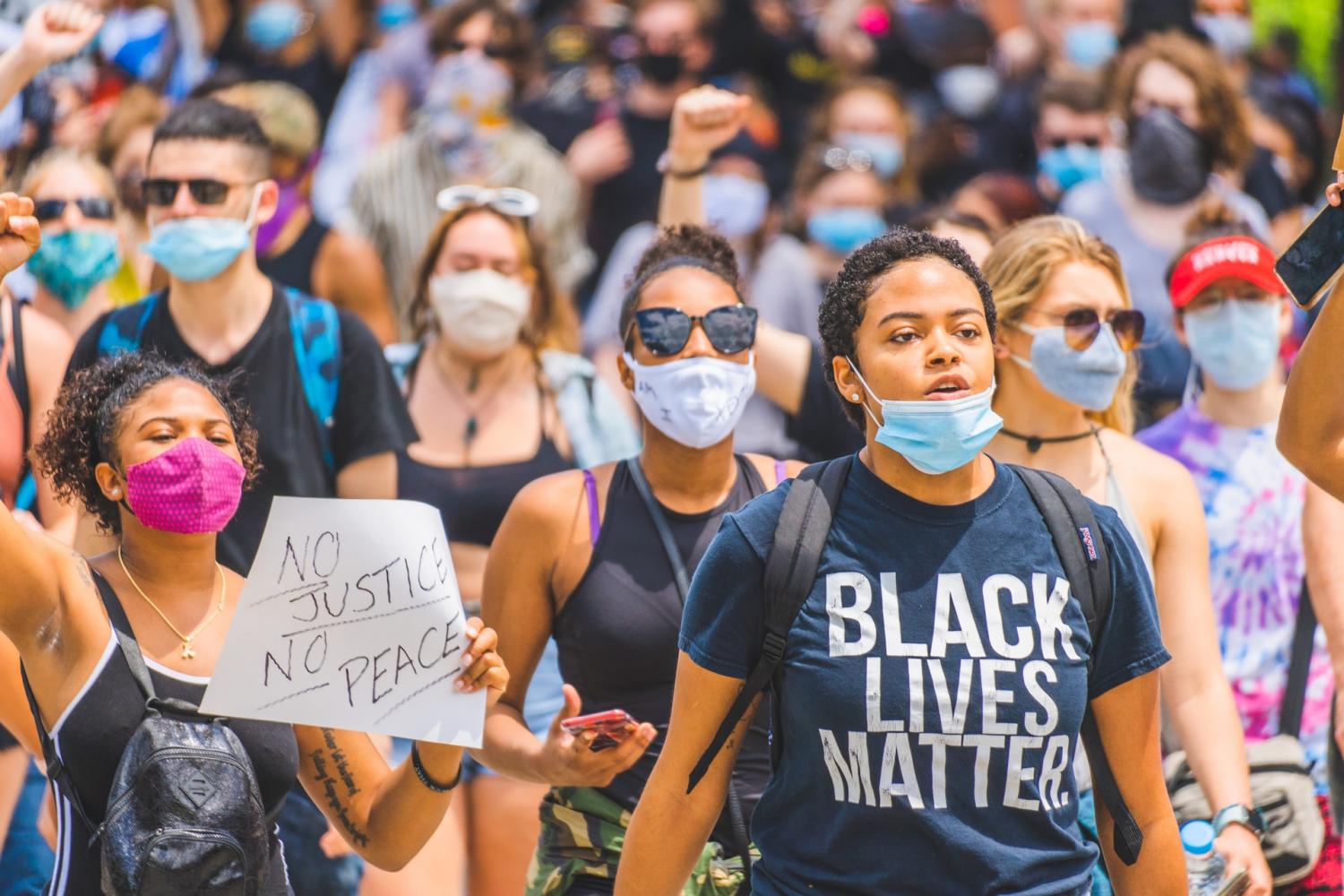
What started as a trickle late last week turned into a wave as companies spoke out against the racist acts that triggered protests across the U.S. and even overseas. Some companies backed up their pledges with financial support. Nevertheless, the protests are showing no signs of dissipating. Meanwhile, many leaders of all stripes are skittish to speak out, including the U.S. president, who has reportedly spent time in a White House bunker while dimming the executive mansion’s lights. The images are enough to demonstrate that while communities burn, the leaders aren't home. Might it be time for the U.S. business community to stoke a conversation that for many white citizens is very uncomfortable — as in, discussing reparations?
So far, few business leaders have broached the subject of reparations. But that didn’t stop the CEO of Snap, Evan Spiegel, who in an email to company employees said that “people of color cannot visit a grocery store or go for a jog without fear of being murdered without consequence, and put simply, the American experiment is failing.”
In a public statement, Spiegel suggested it is now time to launch a non-partisan commission on reparations and reconciliation. Going beyond the moral argument, he added an economic case:
“I believe that one reason entrepreneurship in America has declined so substantially since the 1980s is the lack of a sufficient societal safety net. Entrepreneurship depends on people being able to take risks to start a business, which is nearly impossible to do without some sort of safety net like the one I had. Today’s would-be entrepreneurs are saddled with student debt and are subject to stagnant wage growth and rising expenses that make it hard to save the seed capital necessary to start a business.”
For anyone of any background who was interested in starting their own venture but were dissuaded by the confluence of student debt, the cost of healthcare, or the thought of being denied access to credit by banks, this economic argument could certainly hold sway.
The founder of BET, Robert Johnson, has gone beyond asking for a plan or commission:
“Is $14 trillion too much to ask for the atonement of 200 plus years of brutal slavery, de facto and de jure government-sponsored social and economic discrimination, and the permanent emotional trauma inflicted upon black Americans by being forced to believe in a hypocritical and unfulfilled pledge that all men are created equal?”
In a press statement, Johnson insisted that the only way for society to move forward and to atone for generations of systemic racism is to disperse cash payments to Black descendants of U.S. slaves over a period of 10 to 20 years. “The purpose of reparations, as presented here, is to acknowledge to 40 million Black Americans, the decedents of slaves, that you are owed damages for the evil that was visited on your ancestors,” Johnson wrote.
The CEO of Merck, Kenneth Frazier, also echoed the sentiments of other U.S. businesses leaders, and noted that the four days of inaction by Minneapolis officials was the trigger that transformed years of pent-up anger into taking to the streets. “What the African-American community sees in that videotape is that this African-American man, who could be me or any other African-American man, is being treated less than human,” Frazier said.
Frazier, however, stopped short of calling for any plans for reparations. “I don’t believe that we’ll be able to get anything like that through our political system,” he said during an interview with CNBC.
There is no shortage of corporate executives who believe that when it comes to ending systematic racism, we as a society need to “do more.” Defining what “do more” means, however, is an answer the business leaders are still struggling to find.
Image credit: Julian Wan/Unsplash

Leon Kaye has written for 3p since 2010 and become executive editor in 2018. His previous work includes writing for the Guardian as well as other online and print publications. In addition, he's worked in sales executive roles within technology and financial research companies, as well as for a public relations firm, for which he consulted with one of the globe’s leading sustainability initiatives. Currently living in Central California, he’s traveled to 70-plus countries and has lived and worked in South Korea, the United Arab Emirates and Uruguay.
Leon’s an alum of Fresno State, the University of Maryland, Baltimore County and the University of Southern California's Marshall Business School. He enjoys traveling abroad as well as exploring California’s Central Coast and the Sierra Nevadas.














